Home>Ideas and Tips>Smart Smoke Detector Expiration Dates and When to Replace
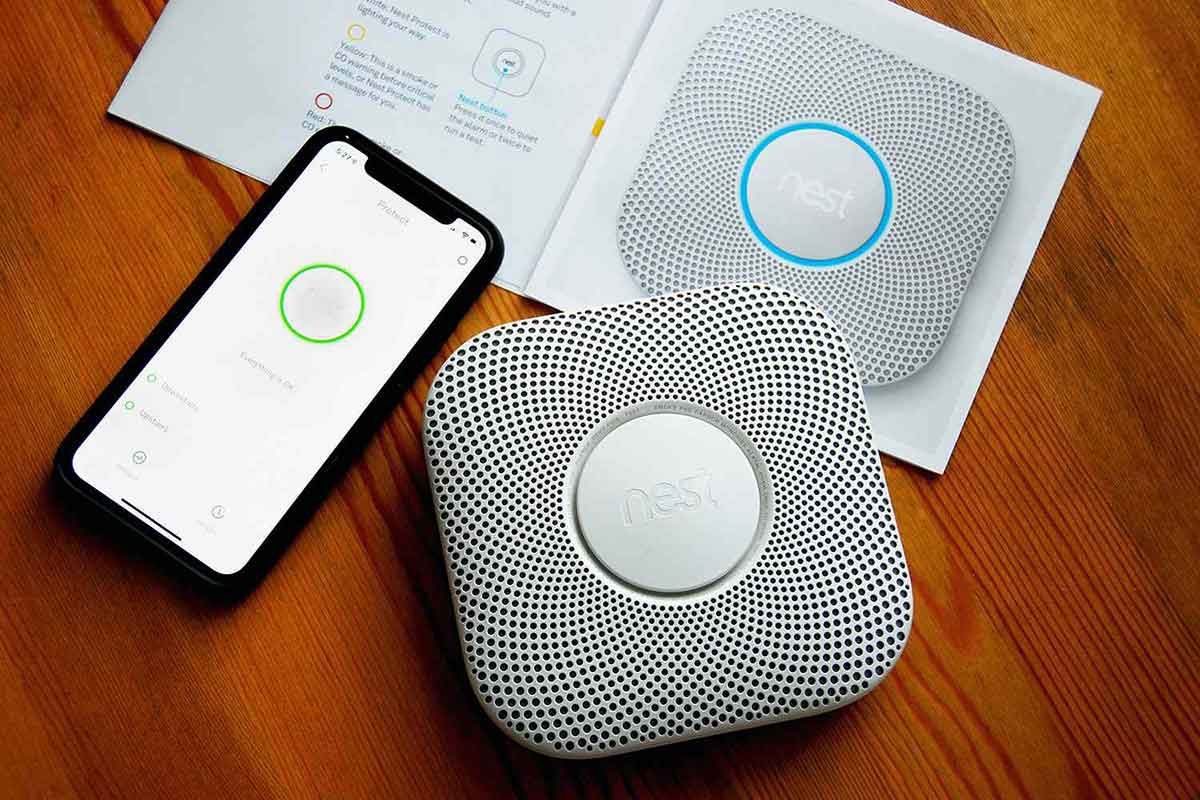

Ideas and Tips
Smart Smoke Detector Expiration Dates and When to Replace
Modified: October 22, 2024
Learn when to replace smart smoke detectors, identify expiration dates, and follow best practices for home safety. Ensure your detectors are always effective.
(Many of the links in this article redirect to a specific reviewed product. Your purchase of these products through affiliate links helps to generate commission for Storables.com, at no extra cost. Learn more)
Introduction
Smoke detectors are an essential component of home safety, providing early warning systems for potential fires. However, like any electronic device, they have a limited lifespan and require regular maintenance to ensure they function correctly. One crucial aspect of smoke detector maintenance is understanding their expiration dates and knowing when it is time to replace them. This article will delve into the importance of smoke detector expiration dates, how to identify them, and the best practices for replacing them.
Read also: 11 Amazing Smart Smoke Detector for 2025
Importance of Smoke Detector Expiration Dates
Smoke detectors are designed to detect smoke particles in the air, triggering an alarm to alert occupants of a potential fire. However, over time, these detectors can lose their effectiveness due to various factors such as wear and tear, battery depletion, or internal component degradation. The National Fire Protection Association (NFPA) sets standards for smoke detector maintenance, including guidelines for replacement intervals.
NFPA 72 Guidelines
The NFPA 72 code provides specific guidelines for the installation, maintenance, and operation of fire alarm systems. According to NFPA 72, smoke detectors should be inspected monthly and tested annually. Additionally, hardwired smoke detectors should be replaced every 10 years, while battery-operated detectors should be replaced every 10 years as well, regardless of whether the battery has been replaced.
Identifying Smoke Detector Expiration Dates
Identifying the expiration date of a smoke detector is relatively straightforward. Here are the steps to follow:
-
Check the Manufacturer’s Label: Most smoke detectors have a label on the back or bottom that indicates the manufacturer and model number. This label often includes the date of manufacture and sometimes the expiration date.
-
Look for a Serial Number: Some smoke detectors have a serial number that can be used to determine the age of the device. You can contact the manufacturer with the serial number to get the exact date of manufacture.
-
Check for Chirping Sounds: Many modern smoke detectors come with a sealed battery that lasts for 10 years. If your smoke detector starts chirping after 10 years, it is likely indicating that it needs to be replaced.
-
Visual Inspection: Regularly inspect your smoke detectors for signs of wear and tear such as dust buildup, corrosion, or physical damage.
Best Practices for Replacing Smoke Detectors
Replacing smoke detectors is a straightforward process that can be done by homeowners or professionals. Here are some best practices to follow:
-
Turn Off Power: If your smoke detector is hardwired, turn off the power at the electrical panel before starting the replacement process.
-
Remove Old Detector: Carefully remove the old smoke detector from its mounting bracket. If it is stuck, use a screwdriver to gently pry it loose.
-
Install New Detector: Place the new smoke detector in the mounting bracket and secure it with screws or clips provided by the manufacturer.
-
Test New Detector: Once installed, test the new smoke detector to ensure it is functioning correctly.
-
Dispose of Old Detector Properly: Dispose of the old smoke detector responsibly by recycling it or disposing of it in accordance with local regulations.
Additional Tips
While replacing smoke detectors is crucial, there are additional tips to enhance their effectiveness:
-
Regular Testing: Test your smoke detectors monthly by pressing the test button. This ensures they are functioning correctly and alerts you to any potential issues.
-
Battery Maintenance: For battery-operated smoke detectors, replace batteries annually or according to the manufacturer’s instructions.
-
Cleanliness: Keep your smoke detectors clean by dusting them regularly with a soft brush or cloth. Avoid using chemicals or abrasive materials that could damage the device.
-
Combination Units: Some smoke detectors come with carbon monoxide (CO) detection capabilities as well. Ensure these units are also replaced every 10 years if they are hardwired or every 5-7 years if battery-operated.
Conclusion
Smart smoke detectors are an essential part of home safety, providing early warnings for potential fires. Understanding their expiration dates and knowing when to replace them is crucial for ensuring they function correctly. By following NFPA guidelines, identifying expiration dates through manufacturer labels or serial numbers, and practicing regular maintenance and testing, homeowners can ensure their smoke detectors remain effective and provide reliable protection against fires.
In summary:
- NFPA 72 Guidelines: Hardwired smoke detectors should be replaced every 10 years; battery-operated detectors should also be replaced every 10 years.
- Identifying Expiration Dates: Check manufacturer labels, serial numbers, chirping sounds, and perform visual inspections.
- Best Practices for Replacement: Turn off power, remove old detectors carefully, install new ones securely, test new detectors thoroughly, and dispose of old ones responsibly.
- Additional Tips: Regularly test detectors monthly; maintain battery-operated detectors annually; keep detectors clean; and ensure combination units are replaced accordingly.
By adhering to these guidelines and best practices, homeowners can ensure their smoke detectors remain effective and provide reliable protection against fires, thereby enhancing home safety and peace of mind.
Was this page helpful?
At Storables.com, we guarantee accurate and reliable information. Our content, validated by Expert Board Contributors, is crafted following stringent Editorial Policies. We're committed to providing you with well-researched, expert-backed insights for all your informational needs.
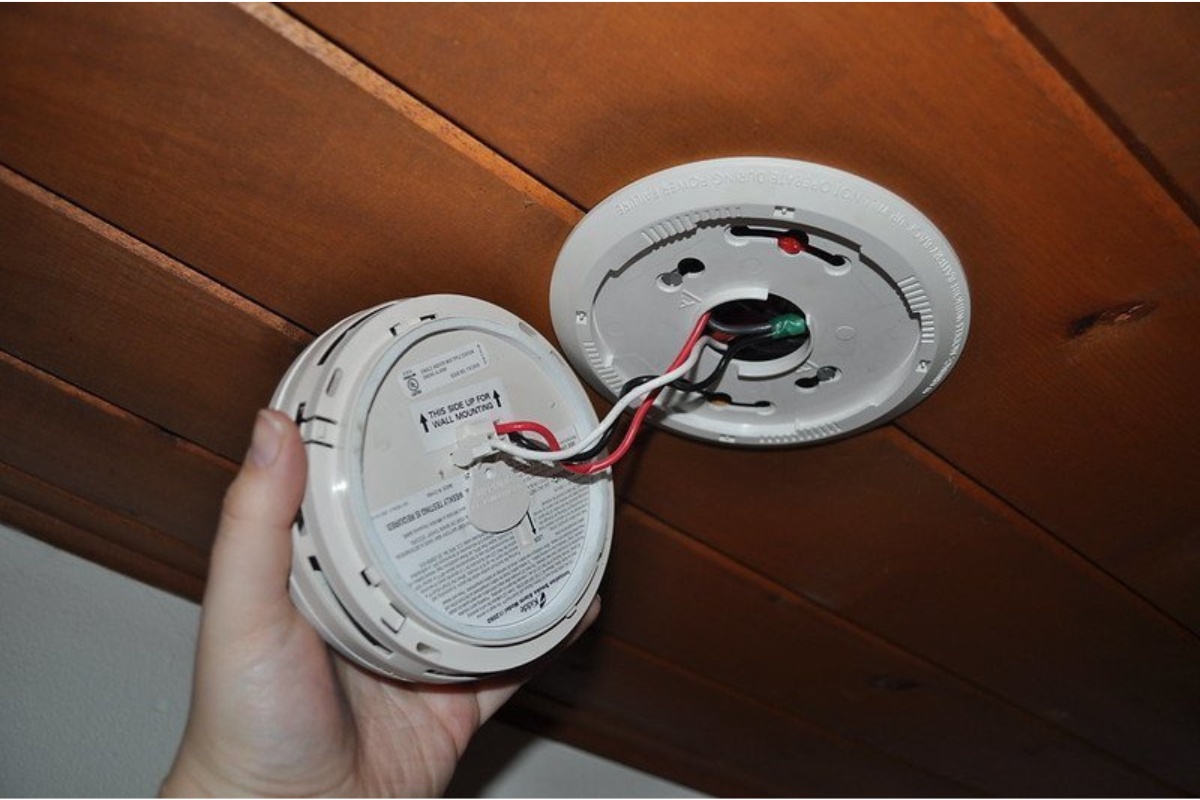
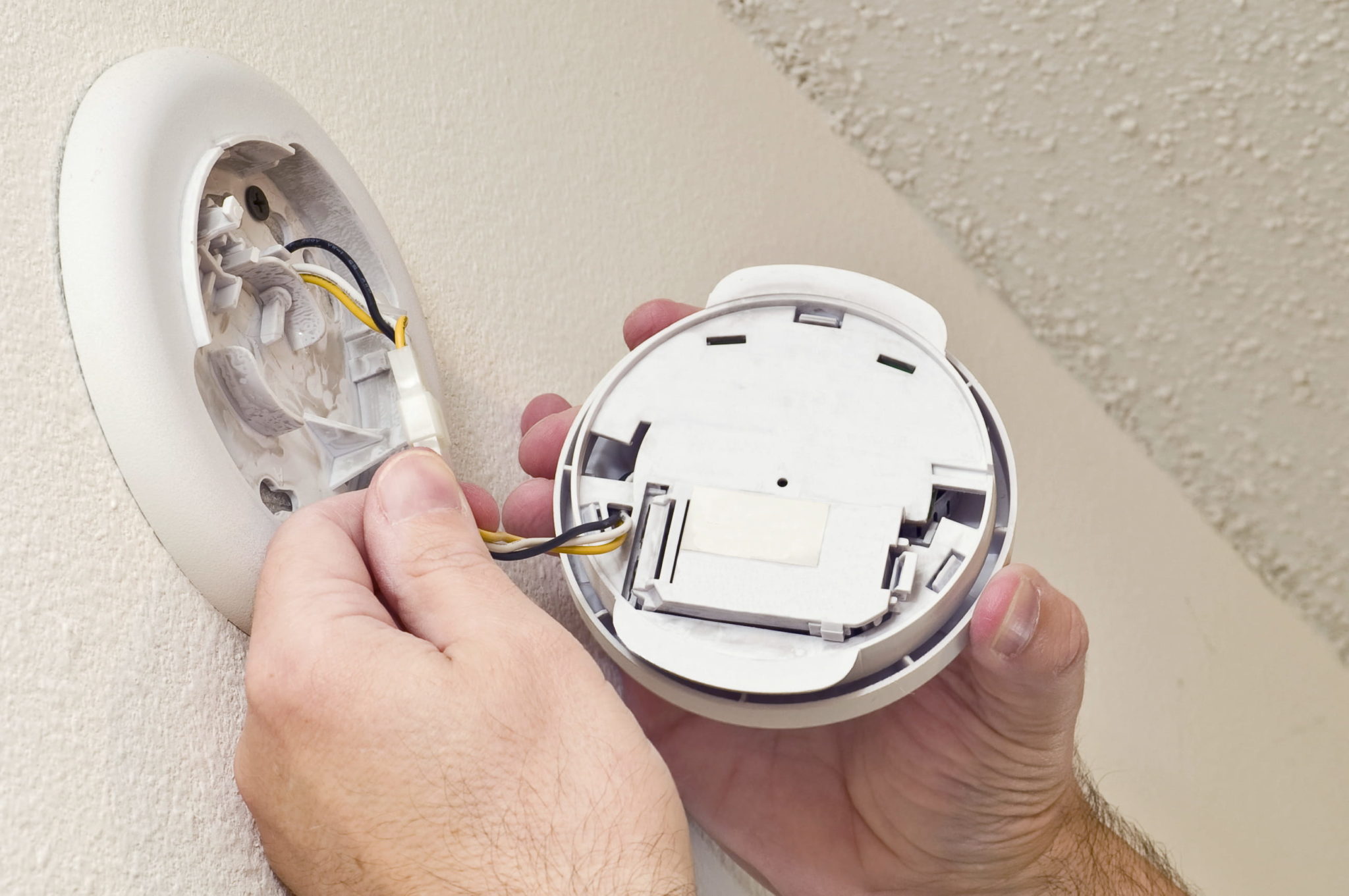
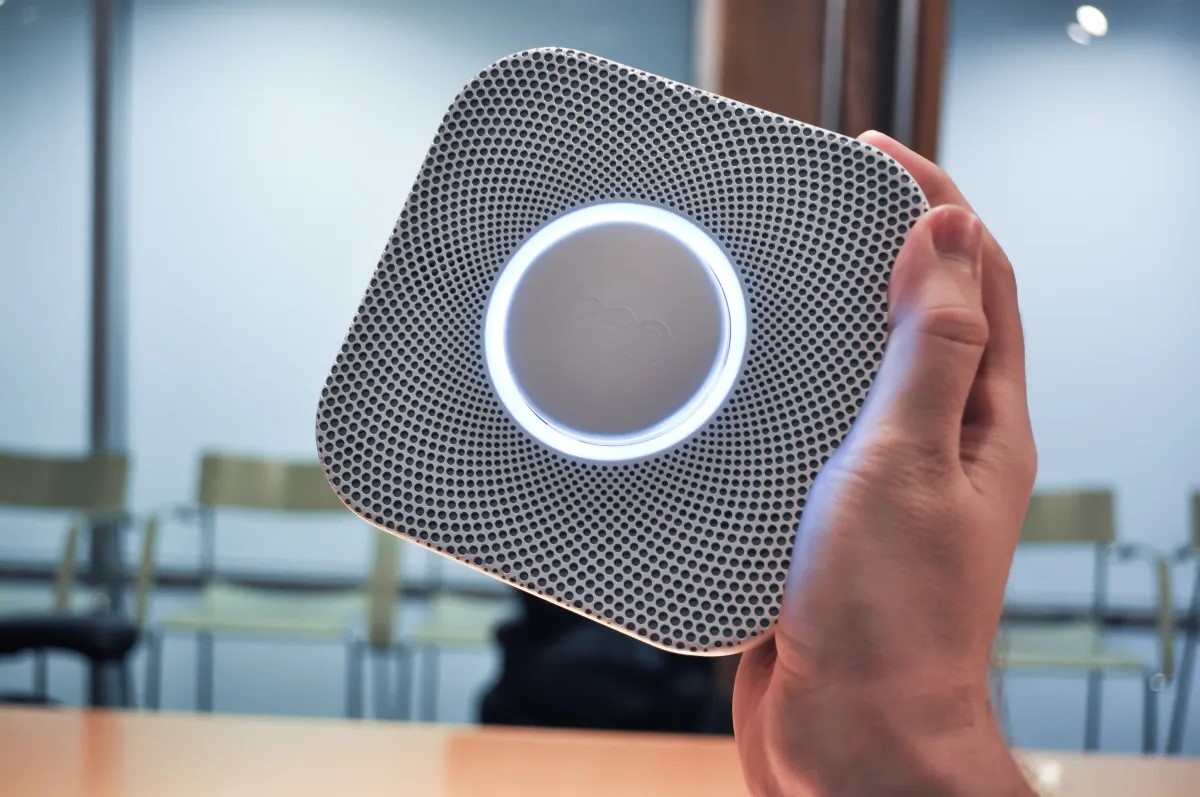
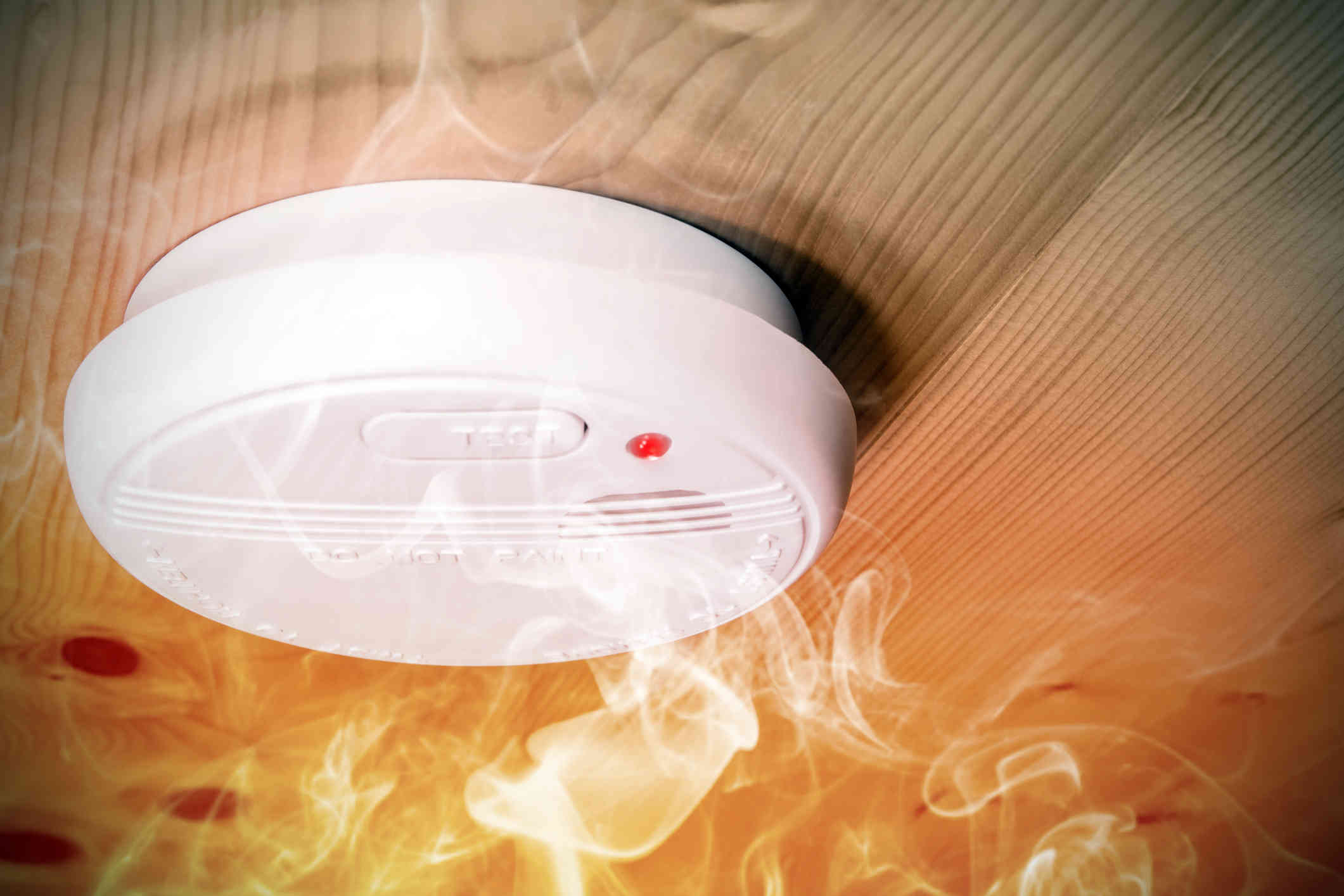
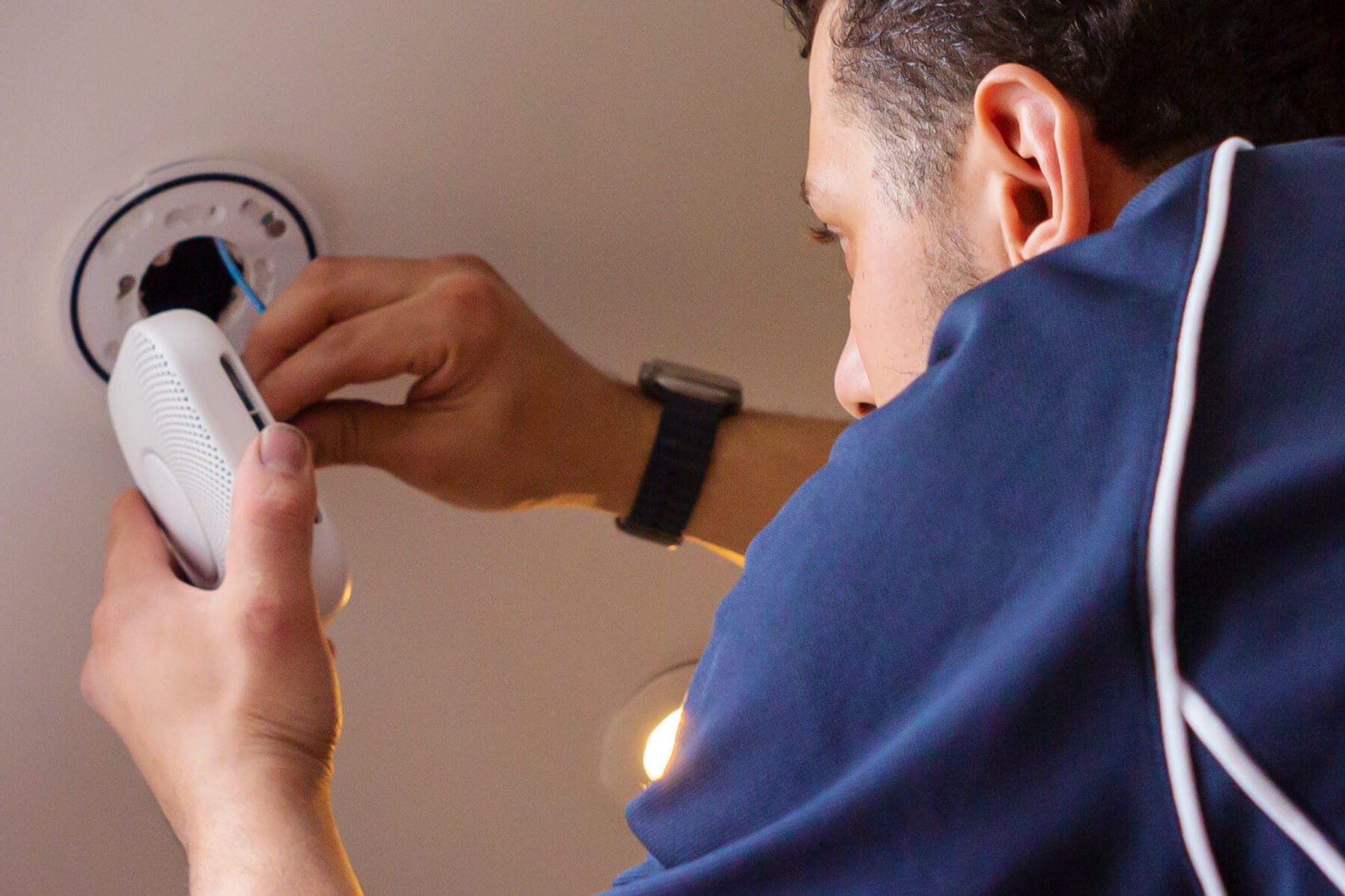
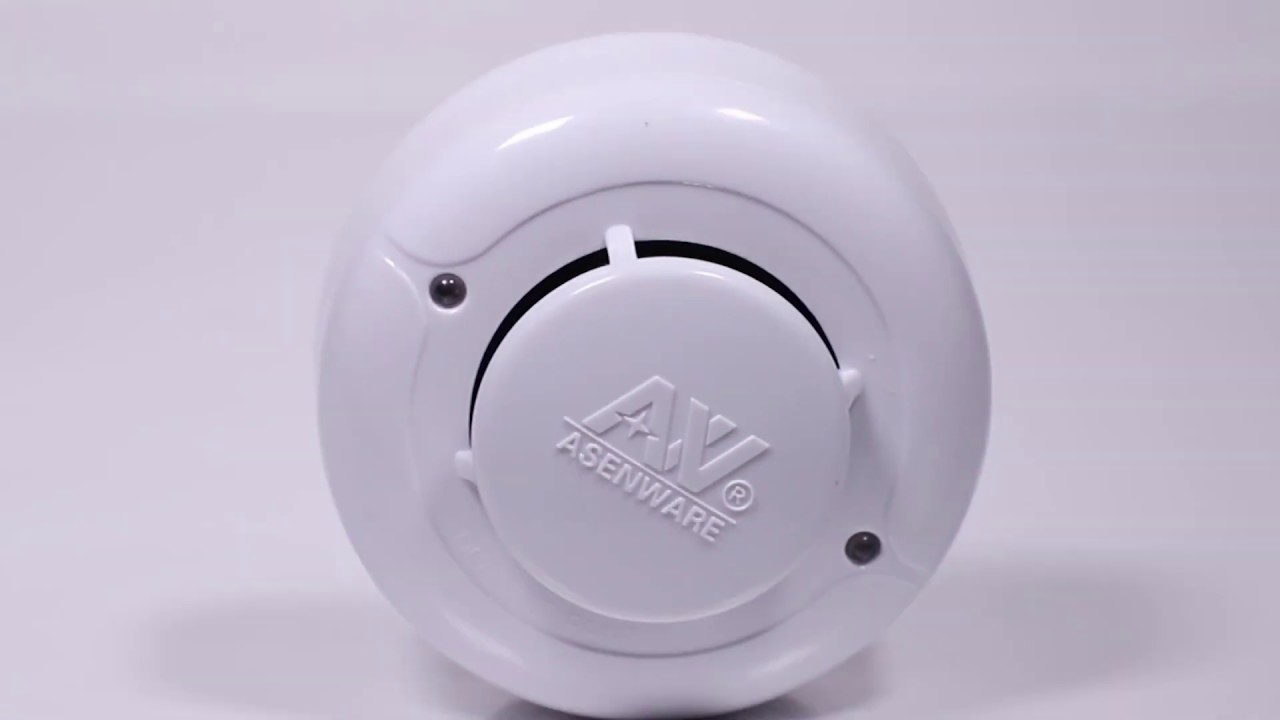
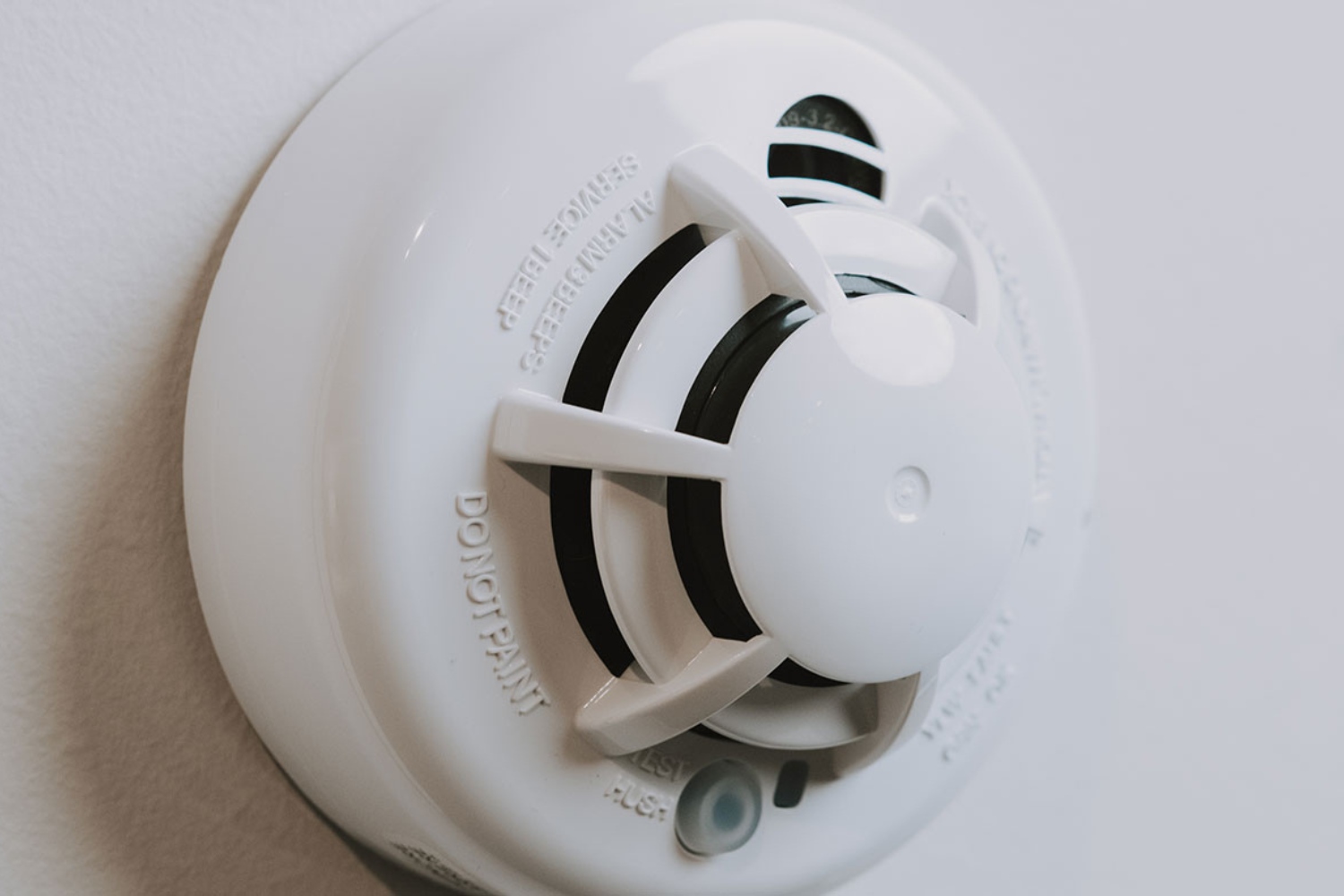
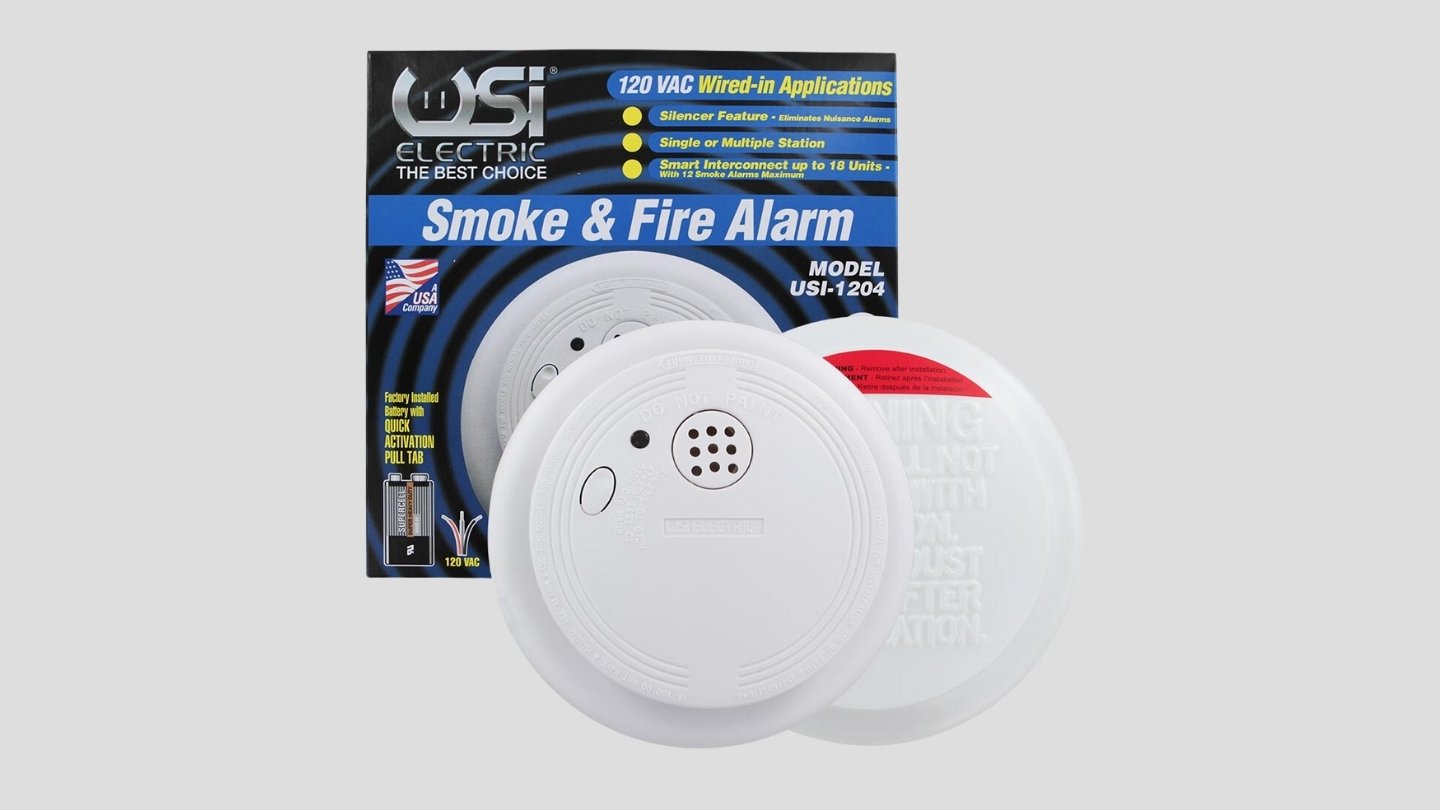
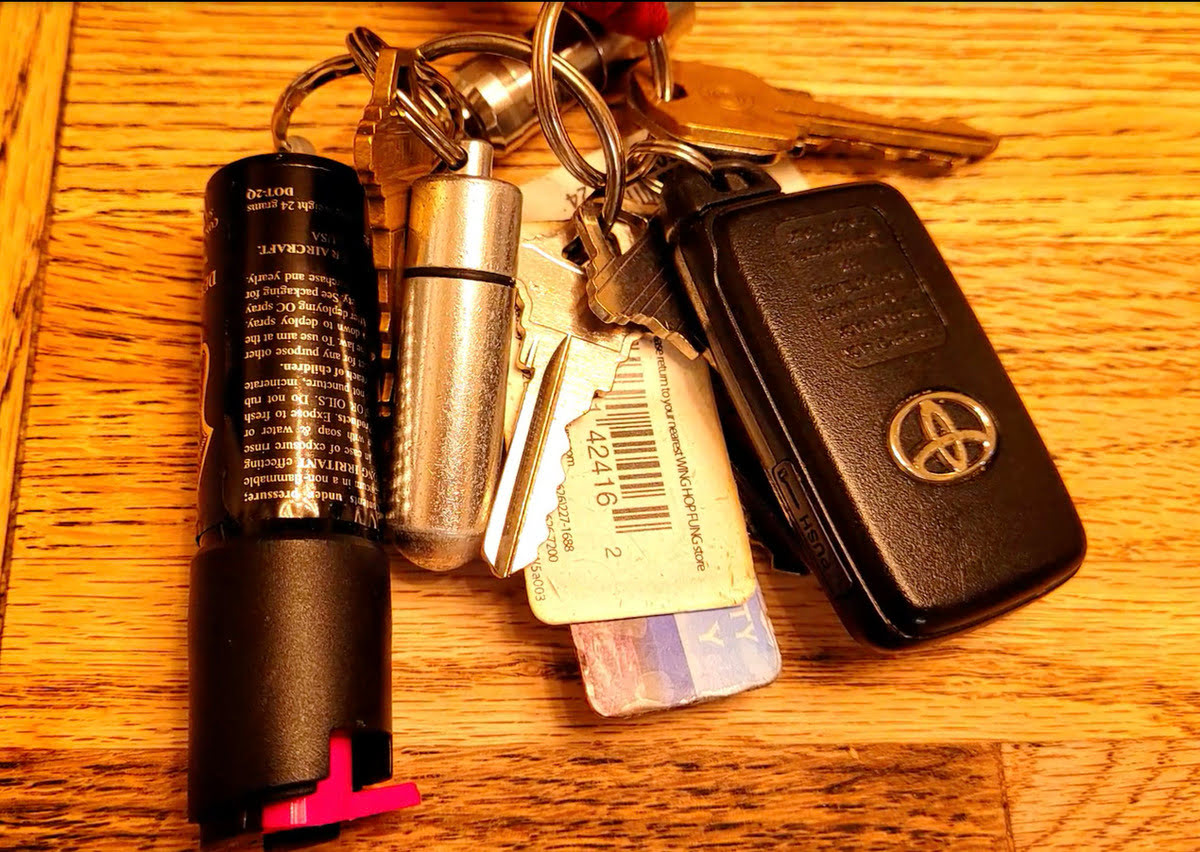
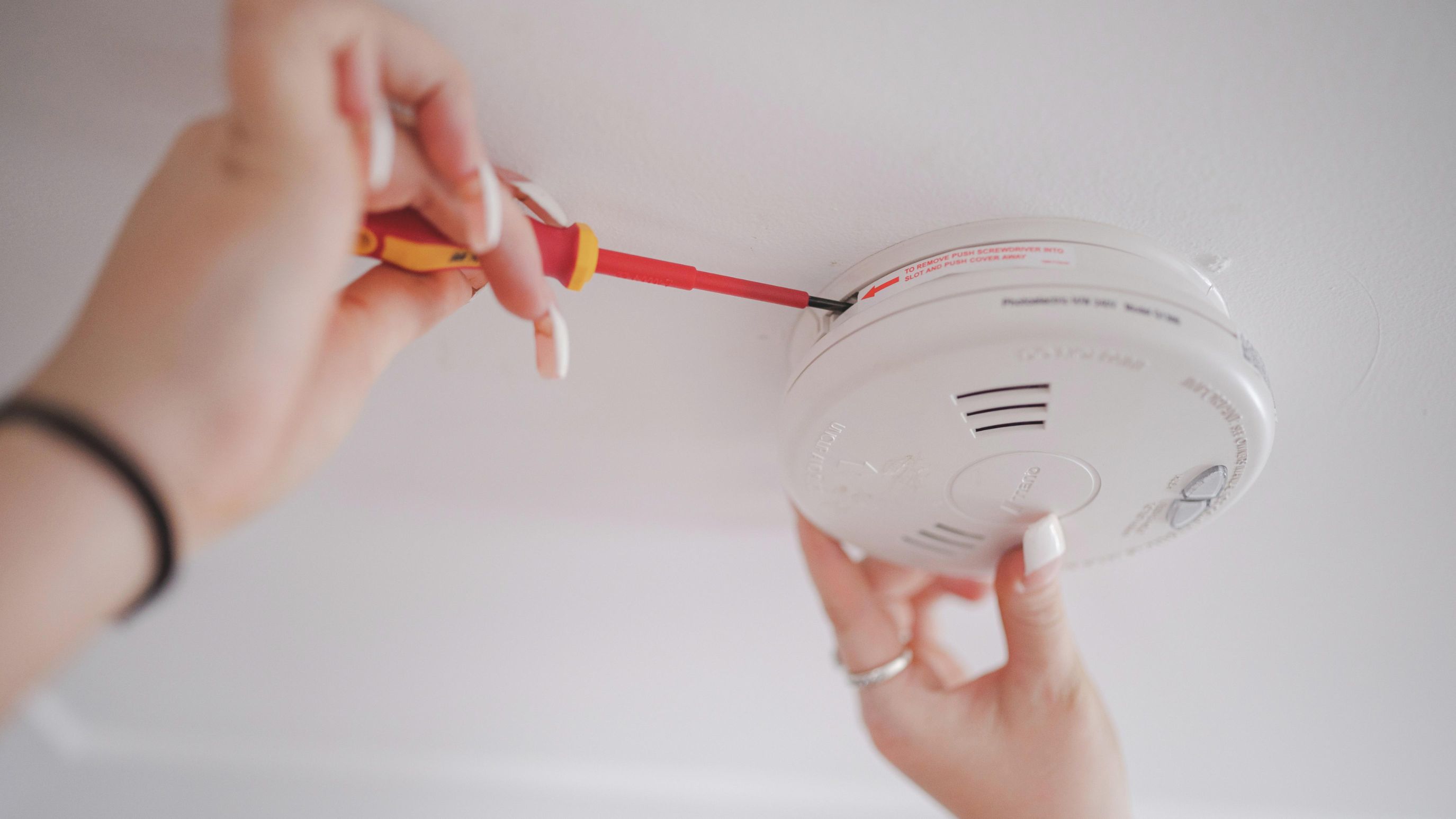
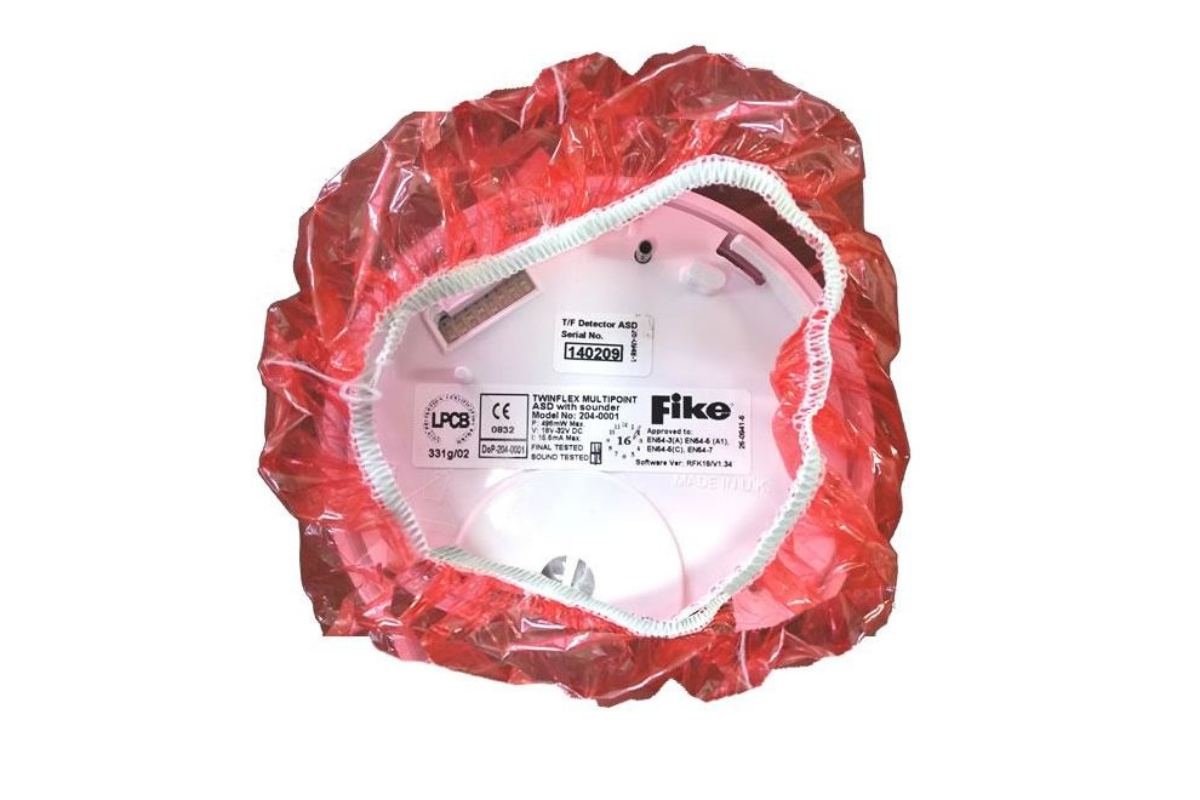
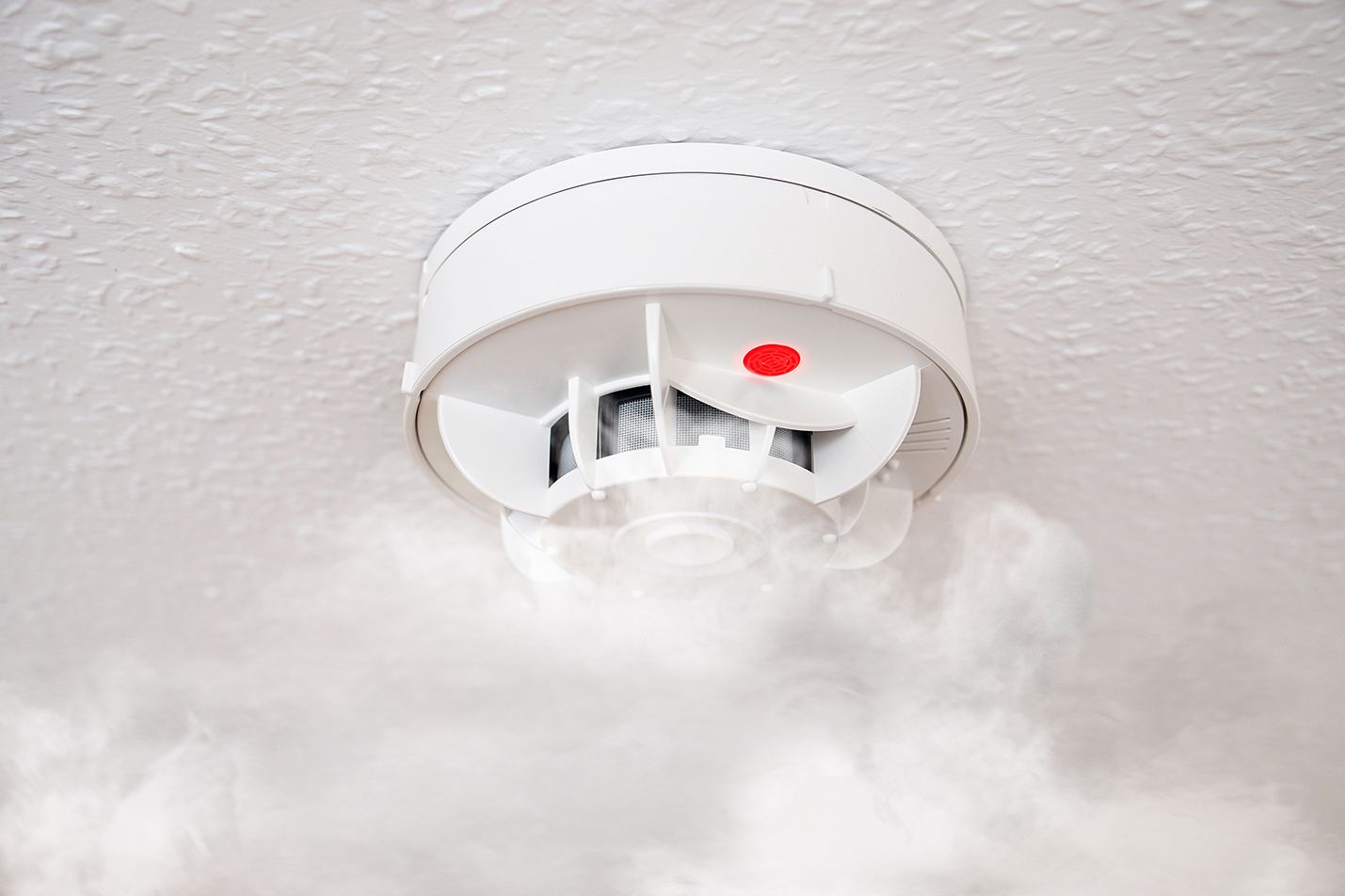

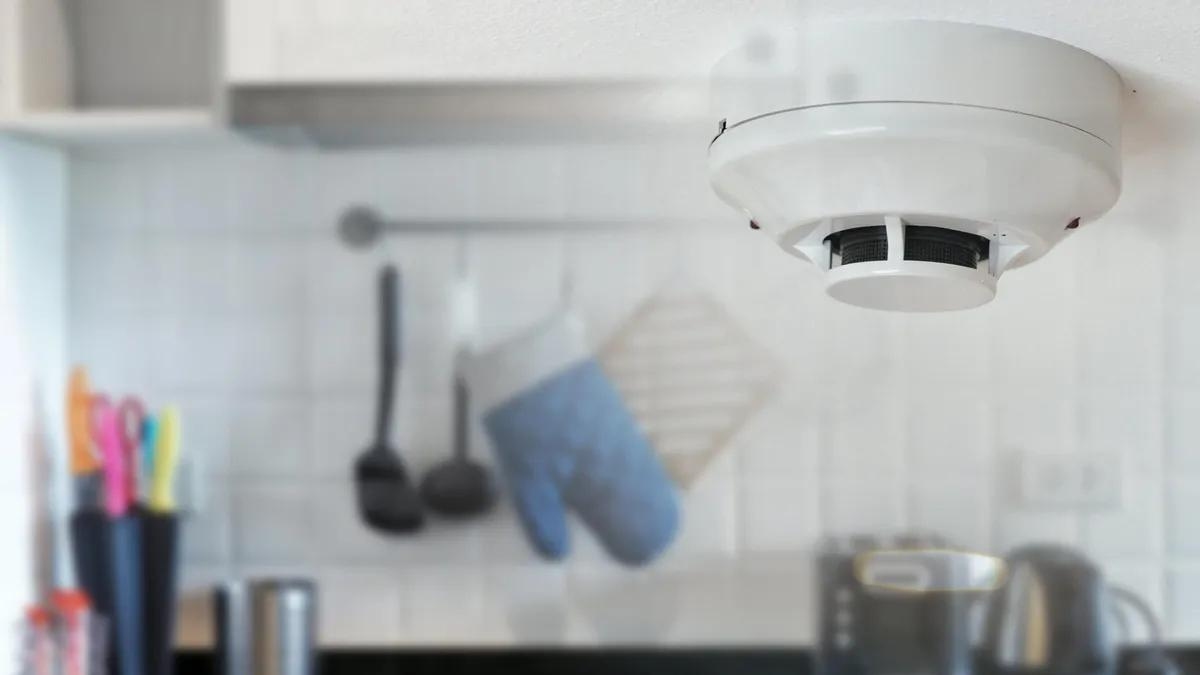

0 thoughts on “Smart Smoke Detector Expiration Dates and When to Replace”